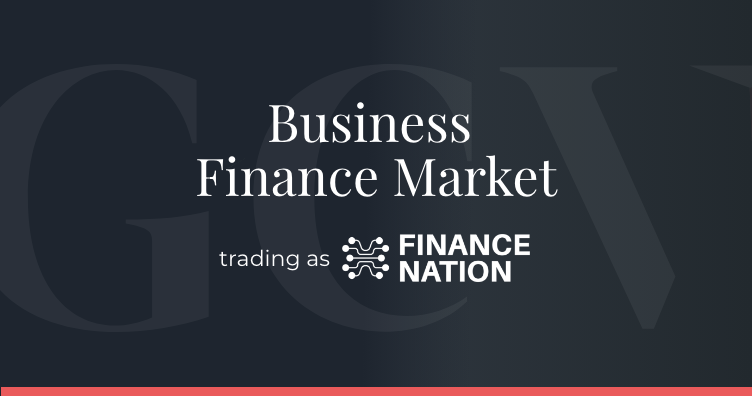Key Facts
Benefits and Risks of VCT Investments
Venture Capital Trusts (VCTs) offer a compelling array of tax-efficient benefits for investors looking to support innovative businesses while potentially earning substantial returns. With features such as up to 30% income tax relief, tax-free dividends, and capital gains tax exemption, VCTs provide an attractive investment avenue for those seeking to diversify their portfolios and engage with the UK’s startup landscape.
However, as with any investment, it’s crucial to consider the associated risks and limitations of VCTs. These include the potential for capital loss, as investments in smaller companies can be more volatile and riskier compared to established firms. Additionally, VCTs require investors to commit their capital for a minimum of five years to fully benefit from the tax reliefs. Balancing these benefits and risks is essential for making informed investment decisions that align with your financial goals and risk tolerance.

Minimum Holding Period For VCTs
To qualify for the associated tax reliefs, VCT shares must be held for a minimum of five years. This lock-in period may limit liquidity for investors who may need access to their capital sooner.

Professional Management
VCTs are managed by professional investment teams that specialise in identifying and supporting promising early-stage companies. This expertise can enhance the chances of success for investors who may not have the time or knowledge to manage such investments directly.

Supporting Growth-Focused Businesses
VCTs primarily invest in small, unlisted companies, providing investors with the chance to support innovative businesses and contribute to the UK’s entrepreneurial landscape while potentially earning financial returns.

Tax-Efficient Investment Type
Investors in VCTs can claim up to 30% income tax relief on investments of up to £200,000 per tax year (2024/25). This relief enhances the overall return on investment and is particularly attractive for higher-rate taxpayers.

Limited Historical Performance Data
VCTs can vary significantly in performance due to the nature of the underlying companies. As such, past performance may not be indicative of future results, making it essential for investors to conduct thorough research.

Risk Of Capital Gains Loss
Investing in smaller, unlisted companies can be more volatile and carries a higher risk of capital loss compared to more established investments. Investors should be prepared for fluctuations in value.

Access to Alternative Investments Through VCTs
VCTs are classified as alternative investments, providing opportunities that may be less correlated with traditional stock market performance, thus offering potential benefits during market volatility.
%20(3)%20(2).jpg)
















.jpg?width=1000&height=777&name=Tax%20efficient%20investing%20Brochure%20(2).jpg)




